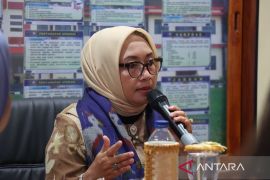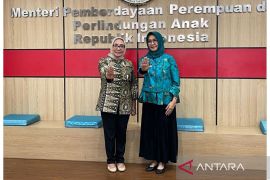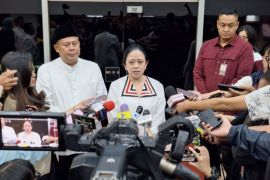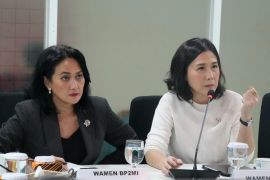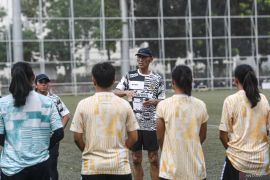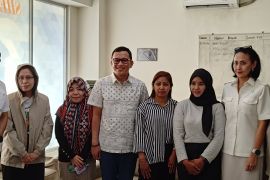"On one side, Indonesia has had a woman president and quite a few women ministers. However, on the other hand, in reality, the women in the country are still in a marginal position," an academician of gender, Siscawati, said.Jakarta (ANTARA News) - When viewed from the health and educational aspects, Indonesian women remain in a marginal position, or continue to be marginalized, stated chairperson of the Gender Study Program at the University of Indonesia Mia Siscawati.
"On one side, Indonesia has had a woman president and quite a few women ministers. However, on the other hand, in reality, the women in the country are still in a marginal position," Siscawati remarked during a discussion on "Kartini and the Struggle of Women Today" here on Wednesday.
In terms of reproductive health, she pointed out that the maternal mortality rate in Indonesia was still relatively high, attributing it to rampant underage marriages.
"In Indonesia, child marriages still take place, and it is the second-highest in Southeast Asia after Cambodia," she noted.
According to Siscawati, the high rate of child marriages was not solely due to economic factors but also a culture in which it had been a tradition for the parents to marry off their children soon after they entered puberty.
Further, Siscawati also emphasized that in the field of education, Indonesian women were still marginalized.
On average, she remarked that womens total years of education was still low compared to their male counterparts.
According to Siscawati, on an average, women went to educational institutions for seven years, and most of them were still below the aforementioned figure.
She also underlined the fact that several young women were still illiterate.
Siscawati highlighted the need to offer comprehensive education, affirming that the government should be heedful of the basic rights of women from various walks of life and social groups.
In the meantime, Siti Musdah Mulia, professor of the Jakarta State Islamic University, claimed that the state had continued to turn a blind eye to the issue of human rights.
"The struggle continues, but the issue remains that the state appears to show no concern. The state is still ignorant on the issue of human rights," remarked the professor, who is also a human rights activist.
Editor: Heru Purwanto
Copyright © ANTARA 2016
